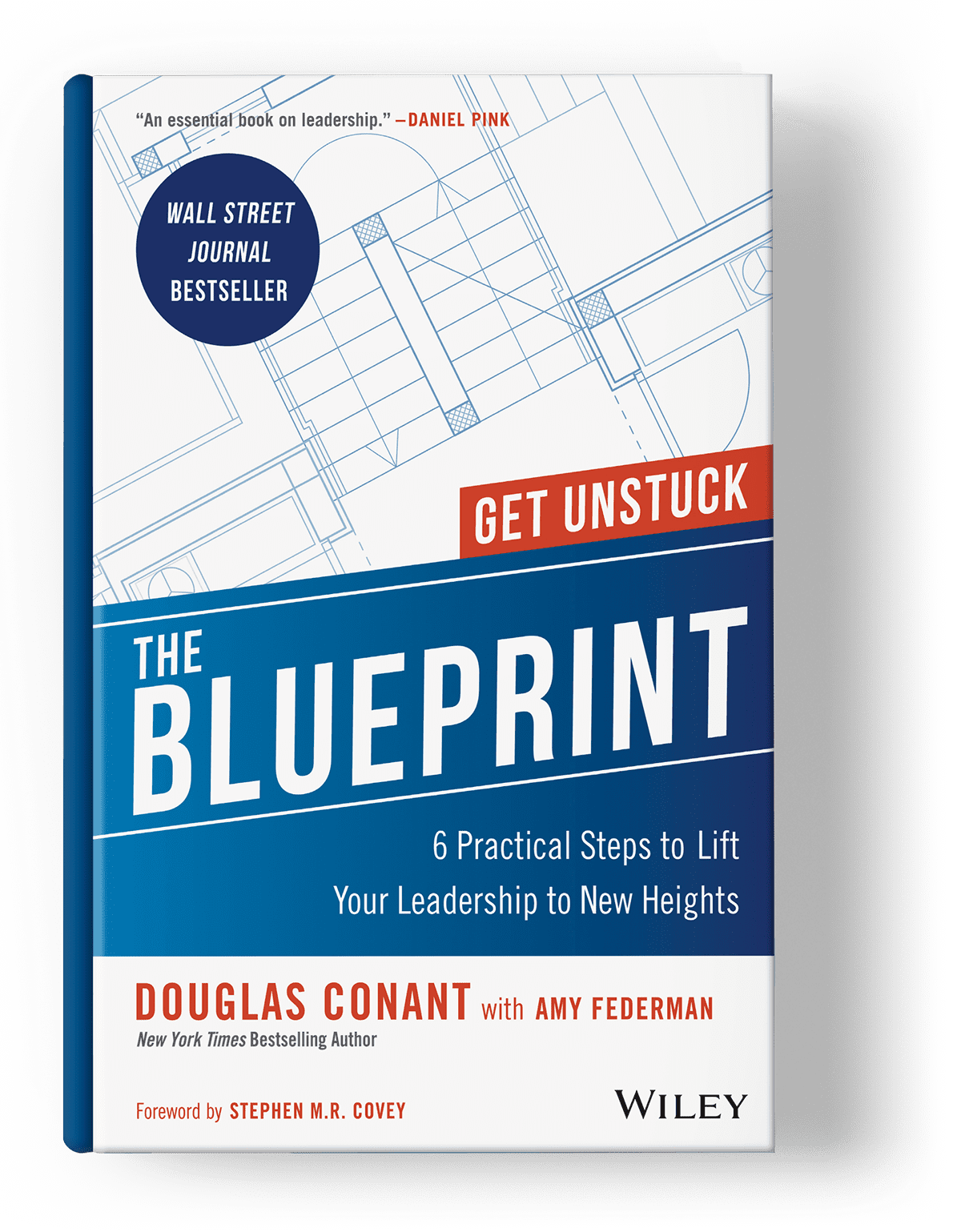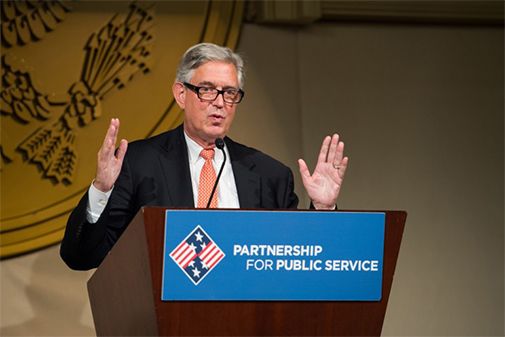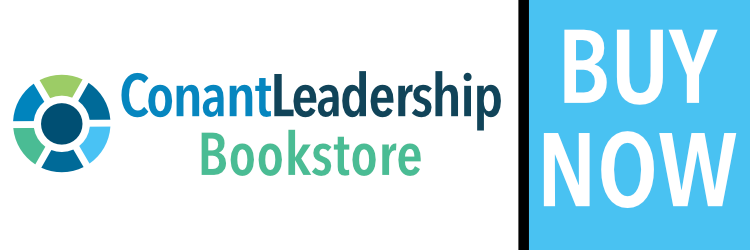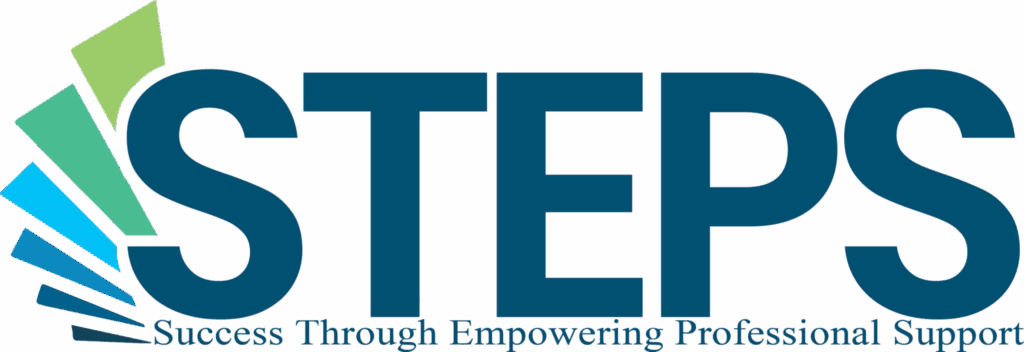‘Great Leaders Make Meaning’—2 Purpose-Driven CEOs on ‘People First’ Leadership
In the spring of 2021, ConantLeadership kicked off our first ever BLUEPRINT Leadership Summit, a virtual meeting of the top leadership minds in the business space. Now, as we open registration for our 9th BLUEPRINT Summit this fall, the following insights from one of our inaugural panelists ring truer than ever.
In this blog recap, enjoy tips and takeaways from an illuminating Blueprint Summit conversation between Deanna Mulligan (CEO of Purposeful, former chair and CEO of Guardian Life Insurance Company, and author of Hire Purpose) and Doug Conant (Founder of ConantLeadership, former CEO of Campbell Soup Company, and author of The Blueprint and TouchPoints). Their advice about how to make meaning, anchor yourself in purpose, and place people at the center of your leadership approach, are just as relevant today as they were in 2021.
For additional learning, you can also watch the full recording of their discussion (skip to roughly minute 6 to skip intros and housekeeping).
Practice Flexibility, Empathy, and Patience
The two panelists bond over what Doug Conant calls their shared “Midwestern sensibilities.” Conant, a 45-plus year leader and former Fortune 500 CEO, says that the ability to pair their down-to-earth dispositions with the agility of a more worldly leader is partly why they’ve both experienced success.
Deanna Mulligan, a luminary in the leadership space and one of Fortune’s 50 Most Powerful Women in Business, shares that, growing up, she was taught to “think first about other people.” This approach continues to propel her forward. Mulligan’s people-first mindset is evident as she reflects on the challenges of leadership in times of upheaval.
When Conant asks her about navigating the extraordinary turbulence of the post-COVID era, she looks to the most enduring teacher of all: history. “I’ve been thinking about other periods in history when people had massive dislocation of their day-to-day routine.” She points to examples like the 1918 pandemic and the London Blitz, and emphasizes the resilience required to navigate them.
This resilience, Mulligan says, demands that leaders embrace three characteristics that have “brought people through great crises in the past”: Flexibility, empathy, and patience. Less than a decade ago, “most of us probably weren’t working on Zoom,” she says. “We’ve become incredibly flexible.” The ability to pivot—to embrace new ways of working, leading, and being—isn’t just a short-term fix. It’s a defining trait of effective, people-first leaders.
Still, adaptability alone isn’t enough. Reflecting on the early days of the COVID pandemic while she was CEO of Guardian Life Insurance Company, Mulligan recalls that “we had to display a great deal of empathy for our colleagues who were really suffering.” Historically, empathy is “highly valuable” in times of change and disruption and “is what gets us through, no matter where we are on the political spectrum.”
The third critical virtue of people-first leaders is patience. The modern penchant for instant gratification makes it too easy for leaders to forget that meaningful change takes time. “The Blitz in London lasted five years,” and many great cycles in history lasted even longer, Mulligan points out. The best leaders are the ones who stay the course.
“We spend a lot of time at work, so that time needs to be meaningful.”
Never Let a Crisis Go to Waste
Conant says that staying the course requires a deep foundation to help you keep a steady hand on the wheel. Not only must your foundation be “deeply personal, purpose driven, and performance oriented,” he says it must also “honor all the people you work with.” His book, The Blueprint, expands on this idea and teaches leaders how to build their own ‘Leadership Foundation’—which includes your unique purpose, values, and beliefs—from the ground up. Conant says the sturdier your Foundation, the more you can remain stable and withstand the winds of change.
Mulligan echoes Conant’s call and adds that your leadership approach must “be about the people” if you want to spark transformation within, and beyond, your organization. Her book, Hire Purpose, helps leaders prepare for and respond to technological disruption by focusing on the wellbeing of employees, stakeholders, and society at large.
“Nobody buys the medicine until they understand the disease,” Mulligan explains. Before leaders can inspire or motivate others, they must clearly articulate why the group effort matters. She says you must get to the heart of the problem first and help people understand what’s at stake in any given situation. Otherwise, you risk the organization splintering into chaos—or crumbling entirely.
Mulligan reflects on her experience leading Guardian through the aftermath of Hurricane Sandy in 2012. She and her team faced an onslaught of logistical challenges when a five-foot wall of water rolled through the company’s building in Lower Manhattan. The domino effect of the damages took nine months to fix.
In the midst of the devastation, Mulligan stuck to what she knew was right. When so much of the community was without phones or power, she and her colleagues drove to employees’ houses to help their families relocate. And her team stepped up to help others regain some semblance of their livelihoods. This people-first approach rippled throughout the company in encouraging displays of kindness and grit. “Our head of HR drove to Maine because it was the only way we could buy generators . . . and took them to the houses of the people who were in accounting, who had to close the books.”
The hurricane also spurred Guardian’s transition to remote work and a cloud-based infrastructure. By the time the pandemic hit almost eight years later, Mulligan and her team already had remote strategies in place. She took the lesson in stride: “It took one catastrophe to be ready for the next one. [Here] is something leaders can take away from this: Never let a good crisis go to waste.” Use the lessons from one wave of turbulence to prepare you for the next one.
Rescale and Redeploy Existing Talent
Putting people first isn’t just beneficial when responding to crises, it’s also vital when preparing for the future. In Mulligan’s book, Hire Purpose, she emphasizes the importance of “retraining, rescaling, and redeploying” employees rather than solely chasing fresh talent or replacing people en masse with AI solutions. She shares that according to McKinsey, millions of jobs go unfilled, especially in in times of crisis, because “things are changing so rapidly” and companies are not prepared to respond.
Mulligan says “we have to rescale and redeploy the people we already have. There is no alternative. It’s the right thing to do.” Still, she acknowledges that this call-to-action might sound “too Pollyanna-ish” to some: “Not everybody is going to be rescaled. Not everybody’s going to choose to take that digital training course, or that data analytics course, or learn to be an agile development coach. But we need to give people the opportunity.” She says leaders have a responsibility to grow and develop employees. And often, the untapped talent you’re in search of is right in your own backyard.
Conant reinforces this idea, highlighting that jobs will continue to change dramatically in the coming years. He urges leaders to “fasten your seat belt” and “help [people] do the new job in a way that can work for you and work for them.” He adds that during his decade-long tenure as president and CEO of Campbell Soup Company, whenever he encouraged employees to make lateral or upward moves within the organization, it was “a boon for employee engagement because we were signaling this message that we’re investing in you.”
“You can’t do it if you’re exhausted.”
Make Meaning for People
As the conversation shifts, Conant asks his co-panelist about the role a higher purpose plays in her leadership—both in work and life. It’s a question he often asks; the power of a leadership purpose, born from your unique experiences, is consistently top of mind because he believes and teaches that your life story IS your leadership story.
Mulligan’s perspective on purpose is thoughtful and emphatic. She says, “we spend a lot of time at work, so that time needs to be meaningful.” And she adds an enlightening truth: “Great leaders make meaning for people. They answer the question, ‘Why am I here today? Why should I get up and come back in?’” She encourages leaders to connect their work, always, to a higher purpose—something beyond themselves: “I can’t imagine how to be a leader without that bedrock.”
Mulligan reflects on a time when she had to reevaluate and back out of a project that lacked higher purpose for her: “It’s okay to say, ‘What am I doing? Why am I here? What [are we] trying to accomplish?’” If it doesn’t inspire you, she says, you’re “probably in the wrong place.”
Conant asks his co-panelist to share how Guardian was built with purpose from its inception. Mulligan explains that civil rights lawyer Hugo Wesendonck founded the company after realizing that “his fellow immigrants were being discriminated against because they weren’t allowed to buy life insurance . . . to protect their family.” To this day, Guardian remains a mutual company owned by its customers.
Ensuring the company continued Wesendonck’s legacy, and remained “baked and steeped in purpose,” inspired Mulligan to infuse the company culture with three explicit values:
- Do the right thing
- Know that people count
- Hold yourself to high standards
Conant celebrates this concise articulation of the organization’s values and adds that it’s vital for leaders to declare their purpose in this way so people learn to work to the “steady drumbeat” of your leadership rhythm: “Your audience needs to hear you say it, needs to know that you mean it, that you’re willing to declare it. And that you have every intention of walking the talk.”
Mulligan also touches on how diversity, equity, and inclusion fit into a purpose-driven organization and says that committing to DEI is common sense when you’re putting people first. “Check in on people,” learn from cultures outside your own, and “make sure people really are included,” she says. Your willingness to listen, have empathy, and contribute to a more equitable world will help you be the ‘keeper of the flame’ for company culture and champion psychological safety for all.
Mulligan closes with a gentle reminder for busy leaders: “You can’t do it if you’re exhausted.” Purposeful leadership is challenging, so you need to know when to pause or reset. Find the things that renew your resolve and restore your energy, and be disciplined about staying afloat so you can buoy the people around you. She shares a quote that she learned from a friend’s son who tragically passed away: “It’s hard to be human.” Flexibility, empathy, and patience go a long way towards making work a meaningful experience for everyone.
_____________
Enjoyed These Insights?
Watch the full recording of this interview to get more details—including insights from an audience Q&A. You can also watch previous videos of past BLUEPRINT Leadership Summit sessions, including fascinating conversations with Brené Brown, Susan Cain, Indra Nooyi, Stephen M.R. Covey, Amy Edmonson, Bill George, Barbara Humpton, and many more.
Registration is now open for the next BLUEPRINT Leadership Summit which starts on 9/15/2025. Secure your FREE spot here.
We also offer a high-impact suite of leadership training and development programming to fit any budget or experience level. Want to work with us? Drop us a line or get on our calendar.
 About the Author: Vanessa Bradford, a featured contributor to ConantLeadership, is a freelance content writer and copywriter, and C3PR’s Content Marketing Director.
About the Author: Vanessa Bradford, a featured contributor to ConantLeadership, is a freelance content writer and copywriter, and C3PR’s Content Marketing Director.
(Header photo by krakenimages on Unsplash)

“Doug Conant is remarkable—and so is this work.“
– Stephen M. R. Covey
Author of The Speed of Trust

The Blueprint
6 Practical Steps to Lift Your Leadership to New Heights
By Douglas Conant with Amy Federman

Have Doug Speak at Your Event
Doug works collaboratively with event organizers to customize his material for each audience.




0 Comments